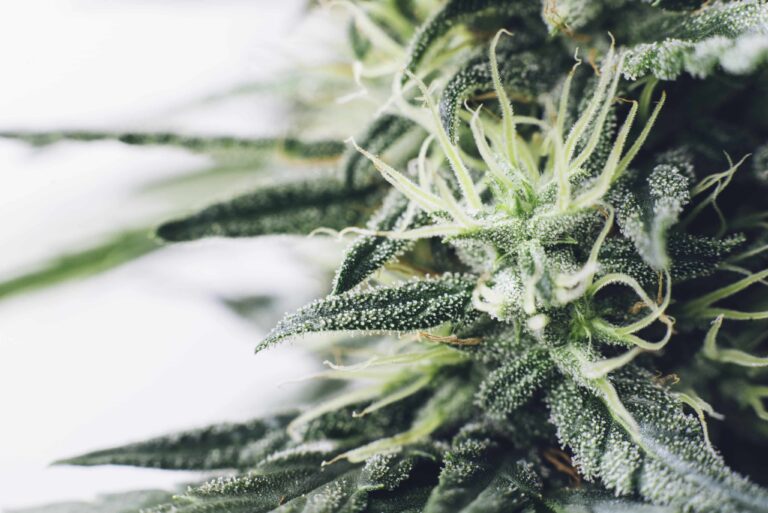Iowa Cannabidiol Board reports that by the end of December 2022, the state had collected $10.2 million in sales through five dispensaries. In August alone, the state had hit the $1 million mark in a single month for the first time and kept the pattern going throughout the rest of the year. For comparison, sales in December 2021 hit $587,000.
According to the Des Moines Register, the number of patients has increased significantly as well. In December 2021, the Iowa cardholder number reached 7,800, but by November 2022 the number of cardholders hit 15,000. Currently, the state lists 51.1% of patients as male, 48.5% as female, and 0.4% as non-binary.
Currently, most of Iowa medical cannabis patients reside in Polk County, which is also the location of the state capital with 5,112 patients, followed by Linn County (833 patients), Black Hawk County (670), Woodbury County (645), and Johnson County (612).
The state’s number of caregivers, or people who assist patients that are “too ill, immobilized or otherwise unable to visit a dispensary,” has risen as well. Caregiver cards also increased, with 2,300 registered caregivers in December 2021, and 3,000 in November 2022.
The top condition that patients have registered for includes chronic pain, with an estimated 10,000 individuals, followed by post-traumatic dress disorder with approximately 2,800 cardholders. Since the state’s medical cannabis program launched in November 2018, it has issued more than 32,000 medical cannabis cards.
The Des Moines Register also reports that as of November 2022, 1,920 health care professionals (defined as either a physician, physician assistant, advanced registered nurse practitioner, or podiatrist) have “signed off” on at least one patient using cannabis to treat their condition (compared to only 300 health care practitioners in December 2021).
In terms of products purchased, “vaporizable” products are the most popular at 66.4%, followed by capsules/tablets (24.6%), tinctures (6.4%), and topicals (2.5%). Approximately 77.9% of patients choose products with high THC, 13.2% prefer a balanced ratio of THC to CBD, and 8.9% choose high CBD.
A large majority of patients suffering from conditions such as AIDS/HIV, ALS, Crohn’s disease, seizures, and ulcerative colitis chose high THC products. The only exception is an even split for those who suffer from Parkinson’s disease (37% prefer THC/CBD products, and 38% prefer high THC products).
While medical cannabis is thriving in Iowa, efforts to legalize adult-use cannabis have not yielded results. Earlier last year, Iowan advocates from the Campaign for Sensible Cannabis Laws launched an effort to legalize cannabis. “Cannabis reform is sweeping the country. From ruby red South Dakota and Montana to perpetually blue New York and New Jersey, majorities from across the political spectrum are voting for reform. In some states it’s a stronger medical program,” said campaign founder Bradley Knott. “In other states voters have gone all in for both medical and recreational cannabis. In Iowa, we don’t have a choice. We don’t even have a voice.”
In September 2022, Iowa Libertarian governor candidate Rick Stewart called out fellow candidate Republican Kim Reynolds (who later won as governor in November) on her opposition to legal cannabis. “What the hell, Kim?” Stewart said in a video. “Here I am in Illinois—why, only a few miles from the Iowa border—and they’ve got legal cannabis.”
He described the stark difference between the laws between the two states while standing in front of a bridge that connects Iowa to Illinois. “If I buy weed on this side of the bridge, I’m buying it from a crook. If I buy weed on that side of the bridge, I’m buying it from a reputable business person,” Stewart said.
Iowa’s southern neighbor of Missouri recently has an adult-use cannabis program that went live in December 2022 as well.
